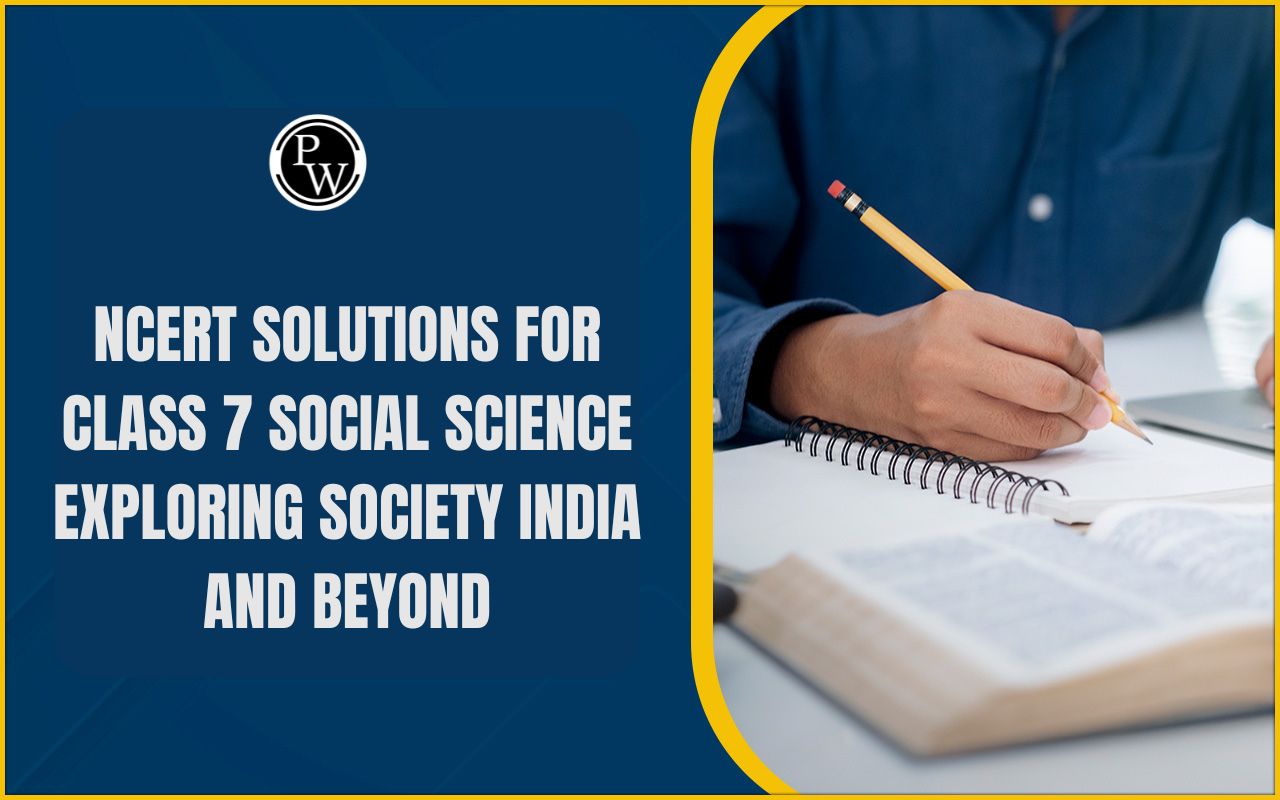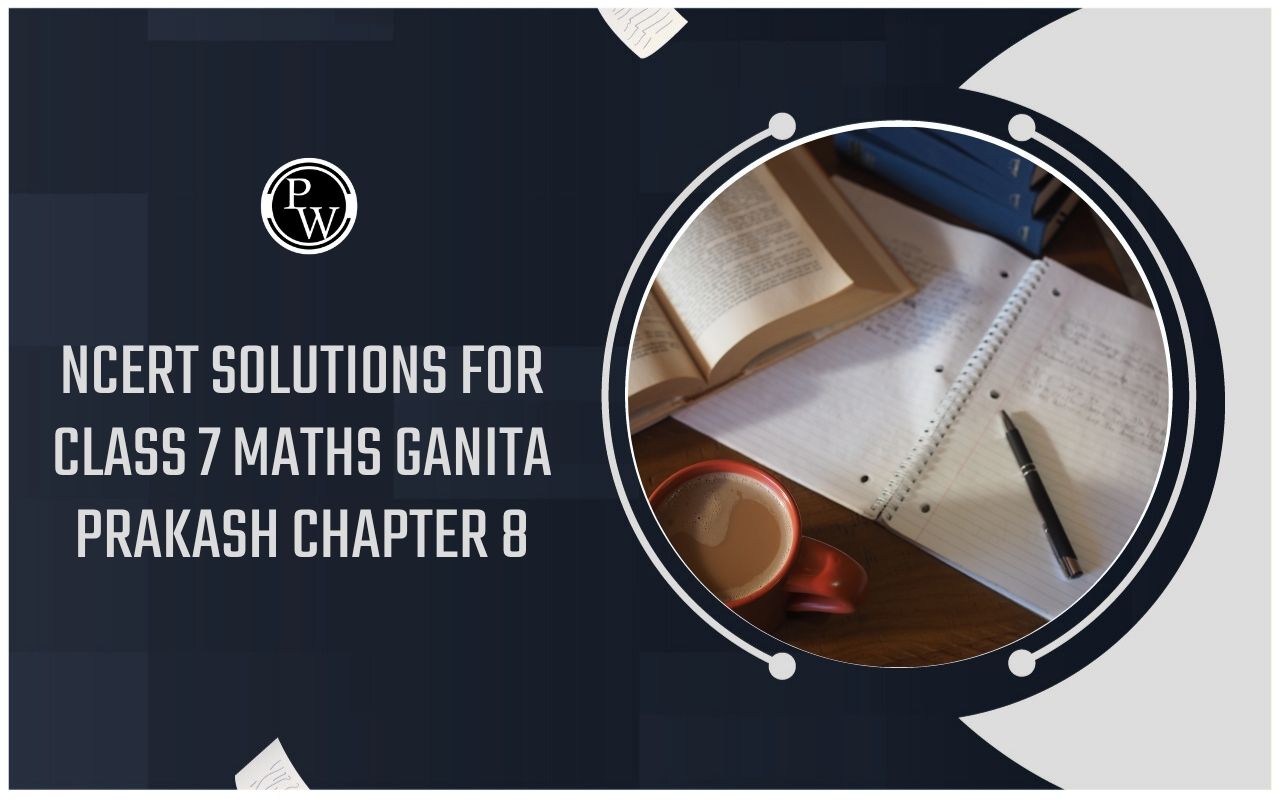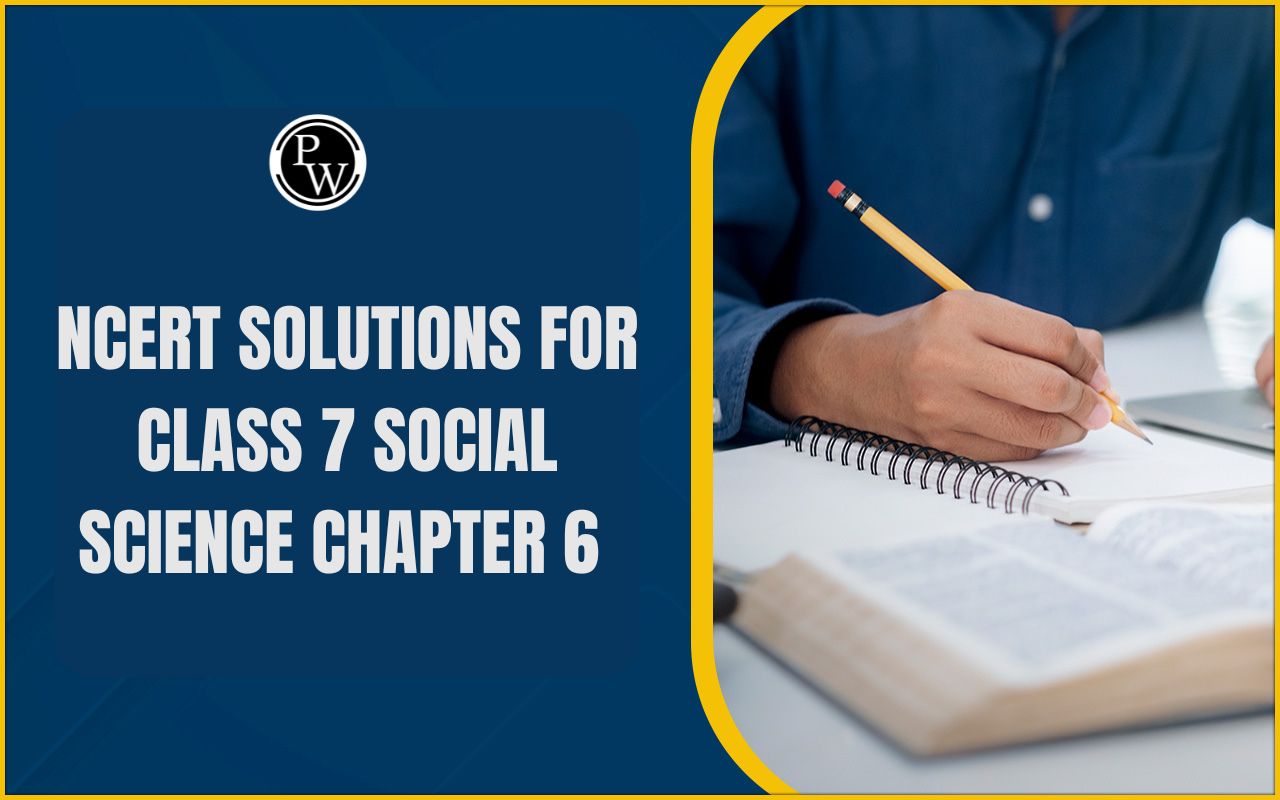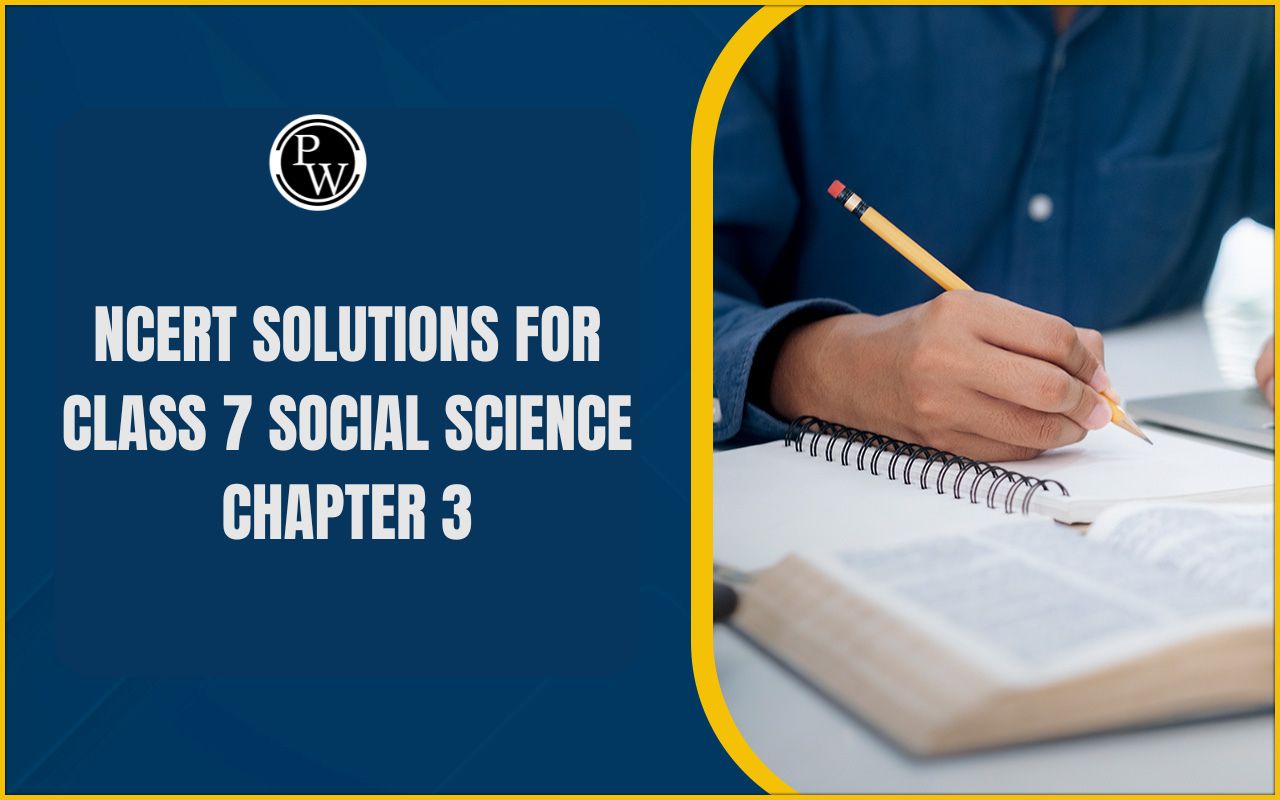
CBSE Class 7 Science Notes Chapter 6: For students in CBSE Class 7, the Physical and Chemical Changes Chapter 6 Notes PDF is available here for free download. This PDF contains notes that will assist students in CBSE Class 7 in thoroughly reviewing and preparing the chapter on Physical and Chemical Changes for their Science exams.
The NCERT Class 7 Science Chapter 6 Notes, created by our subject matter specialists here, are recommended reading for students getting ready for their science test in class 7. For students to learn in a comfortable setting, the Class 7 Science Chapter 6 Notes PDF may be downloaded from our official website.CBSE Class 7 Science Notes Chapter 6 Overview
The "Physical and Chemical Changes Revision Notes" found in CBSE Class 7 Science Chapter 6 are an invaluable tool for students starting their exploration of the fascinating field of chemistry. These notes clarify the differences between physical and chemical changes while providing a succinct and thorough summary of the subject. They are an essential revision aid, helping students to solidify their comprehension of chemical changes and their applications. These study notes also help students strengthen their critical thinking and problem-solving abilities, which will help them perform well on exams and have a lifelong respect for the fascinating field of science.CBSE Class 7 Science Notes Chapter 6 PDF
Here we have provided CBSE Class 7 Science Notes Chapter 6 for the ease of students so that they can just download the pdf and use it easily without the internet. These CBSE Class 7 Science Notes Chapter 6 will help students understand the chapter better.CBSE Class 7 Science Notes Chapter 6 PDF
CBSE Class 7 Science Notes Chapter 6
There are two types of alterations that could happen: chemical and physical. Changes in a substance's physical properties are referred to as physical modifications. There are no new compounds formed as a result of these modifications. It's possible that these changes can be undone. Examples include tearing paper, crushing cans, lighting electric bulbs, and combining sand and water. When a substance's composition and chemical properties change, chemical modifications take place. Chemical reactions result in the creation of new compounds. This is an irreversible and permanent change. For example, a candle is lit, milk is used to make curd, and fruits ripen.Chemical Reactions in the Real World
The process by which iron turns into iron oxide is known as iron rusting. Something happens when iron comes into contact with oxygen and water. This process resembles a type of corrosion that occurs regularly in the natural world.Prevention of Rusting:
i. By Painting
ii. By Oiling and greasing
iii. By Chromium plating
iv. By Galvanizing
v. By Alloying
Metallic Oxides
The formation of metal oxides is an example of chemical changes. They are formed by the reaction of oxygen in the air. – Burning of Magnesium ribbon:
– 2Mg + O 2 → 2MgO
– The product formed is the oxide of magnesium, which is in the form of ash. It does not look anything like the magnesium ribbon used for burning.
Reaction of metallic oxides with water
- The reaction of metal oxides with water forms metal hydroxides.
- For example, dissolving Magnesium oxide in water by stirring the ash very well with water.
- MgO + H 2 O → Mg(OH) 2
- The product formed is basic in nature and turns red litmus paper → blue
Observations that indicate a chemical change
- Heat or light is absorbed or given out during a chemical reaction.
- Production of sound
- Production of gases or precipitates
- Production of smell
- A colour change may occur
Rusting
- When substances made of Iron are exposed to oxygen and moisture in the atmosphere, it forms a red layer, which is called rust .
- The formation of rust can be represented by the following reaction:
- 4Fe + 3O 2 → 2Fe 2 O 3 . The chemical formula for rust is Fe 2 O 3 .nH 2 O. More the moisture in the air, the quicker the formation of rust.
Crystallisation
Crystallisation is the process of removing salts from their solution. It is a method of purification used to remove crystals from polluted materials or purify saltwater. It is a shift in the body.Reaction between baking soda and vinegar
When a pinch of baking soda is added to vinegar, we hear a hissing sound and observe the formation of bubbles. – Vinegar (Acetic Acid) + Baking Soda (Sodium bicarbonate) → CO 2 (Carbon dioxide) + Other products The carbon dioxide produced during the reaction of Vinegar and baking soda, when passed through lime water, gives calcium carbonate as follows: – CO 2 + Ca(OH) 2 (lime water) → Calcium Carbonate (CaCO 3 ) + H 2 O – The calcium carbonate turns lime water milky.Galvanization
Galvanization is the technique of applying zinc to the surface of iron to stop it from rusting. An illustration would be galvanised iron water pipes. Iron is used to make ships, and it is galvanised. Seawater contains salts, which accelerates the rusting process. Ships must therefore replace their iron bodies annually. Food Cooking: During cooking, complex carbohydrates, fats, and protein molecules are broken down into smaller ones. It's believed to be a process of breakdown. Food that has been cooked makes digestion easier than uncooked food. Organic Substance Decay: Microorganisms like fungus and bacteria produce enzymes, which disassemble complex chemical substances into their simpler parts. Another name for it is a breakdown process. Purified chemicals can be extracted from their solutions via crystallisation.Benefits of CBSE Class 7 Science Notes Chapter 6
See the following list of advantages for the Chapter 6 Class 7 Science Revision Notes. The revision notes for Class 7 Science Chapter 6 will serve as an excellent resource for students to enhance their comprehension and review of the chapter's key ideas. During the exam, students will gain greater confidence in their ability to answer even the trickiest questions from the chapter. As a result, exam tension and anxiety will be significantly decreased. Students can swiftly and effectively rewrite their chapters without sacrificing the calibre of their preparation thanks to the revision notes. Since the revision notes are condensed and cover a large number of chapters, students can review from them the day before the exam when time is at a premium. The revision materials are easily accessed by students in PDF format, allowing them to study at any time and from any location.CBSE Class 7 Science Notes Chapter 6 FAQs
Which is the most important chapter in science class 7?
What are the important notes of physical and chemical changes?
What is the name of chapter 6 in class 7 science?








